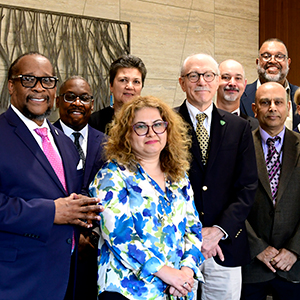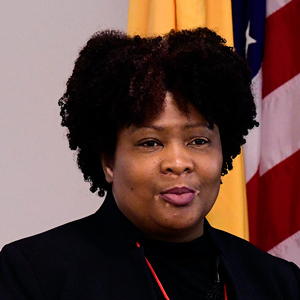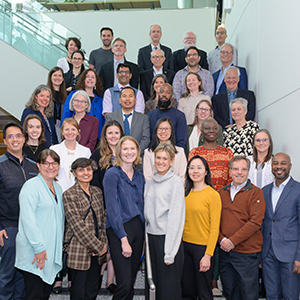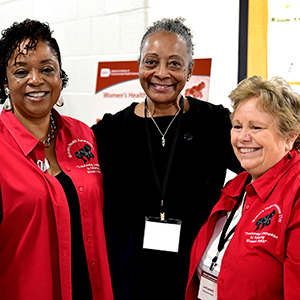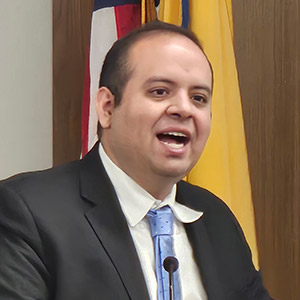In early May, the National Institutes of Health (NIH) awarded Boston University School of Public Health and Harvard T.H. Chan School of Public Health a three-year grant to serve as the Research Coordinating Center (RCC) for the NIH Climate Change and Health Initiative.
“This is a milestone for the initiative,” said Joshua Rosenthal, Ph.D., a senior scientist at the Fogarty International Center at NIH, and co-chair of the Climate Change and Health Working Group. “From the onset, we wanted a coordinating center that could work with us to bring together NIH-funded scientists and other health researchers across the globe to collaborate, share resources, and manage data to advance the priorities set forth in the initiative’s Strategic Framework,” he said.
Aubrey Miller, M.D., of NIEHS, also co-chairs the Working Group with Gwen Collman, Ph.D., who serves as the initiative’s senior advisor.
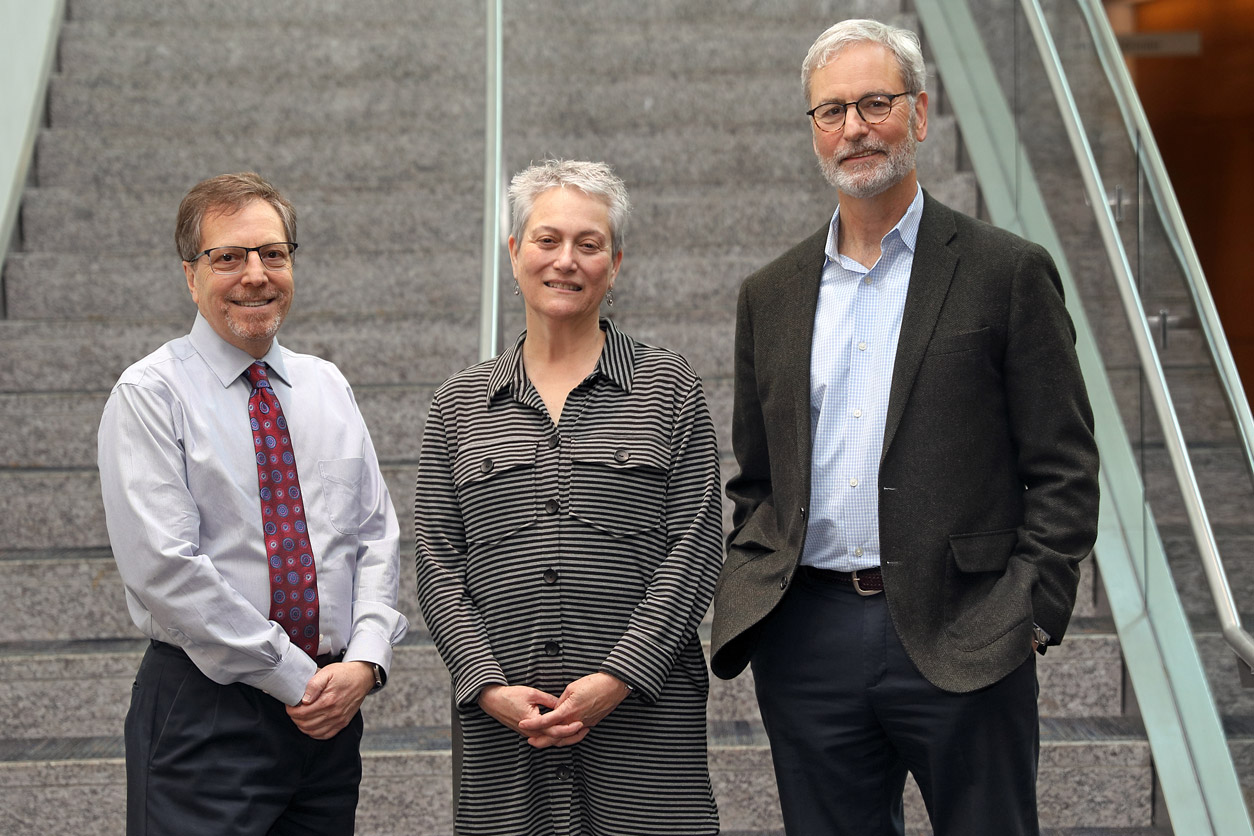
Collaboration is key
The $6.7 million award was announced May 9 after a rigorous review process.
Named CAFÉ, the RCC will Convene, Accelerate, Foster, and Expand the Climate Change and Health Community of Practice.
CAFÉ will be led jointly by Gregory Wellenius, Sc.D., a professor of environmental health, and Amruta Nori-Sarma, Ph.D., an assistant professor of environmental health at Boston University, along with Harvard University’s Francesa Dominici, Ph.D., the Clarence James Gamble Professor of Biostatistics. The partnership will leverage knowledge and resources between the two institutions to accelerate climate and health data collection and management, share data resources and tools, foster collaborative projects, and keep a pulse on the evolving science within key research areas.
“The CAFÉ will foster collaboration within and beyond the research community to better understand and reduce the health consequences of climate change,” said Wellenius.
The RCC will work closely with NIH program staff to create a global community of practice. This includes a strong emphasis on mentoring and developing the next generation of climate and health leaders.
“We’re hopeful that the work of the RCC will greatly facilitate the work of climate researchers everywhere to understand the impact of climate change on health — to prevent adverse health effects from climate change-related exposure, to better understand adaptation, and to be better prepared for climate impacts,” said Dominici.
Inclusive global approach
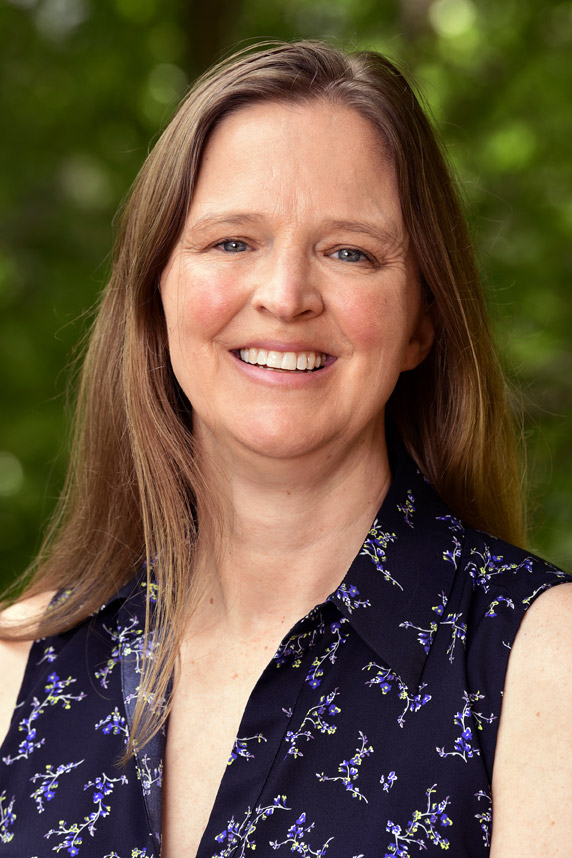
“In addition to the expertise these organizations already have, they also bring with them committed co-investigators with a wealth of experience and knowledge that will help make this a very inclusive community,” said Abee Boyles, Ph.D., the NIEHS program administrator for the grant.
The University of Massachusetts Boston and Meharry Medical College, both known for having diverse student populations and faculty, will also play a key role in establishing the RCC.
Claudia Thompson, Ph.D., chief of the NIEHS Population Health Branch, said the grantees’ existing strong global presence, which they will continue to grow, was a strength of their application.
Both universities have international partners, such as C40 Cities, which consists of nearly 100 mayors in large cities across six continents who work to address climate issues. They also have partners in Africa, India, and China. In addition, the RCC plans to offer capacity-building resources to scientists in low- and middle-income countries.
“We are very pleased with the research expertise and existing partnerships that these leading institutions bring to the table,” said Rick Woychik, Ph.D., director of NIEHS and the chair of the executive committee leading the NIH-wide effort.
Community engagement networks
Earlier this year, NIH awarded the first four community science projects to establish the Alliance for Community Engagement on Climate and Health (ACE-CH). The RCC will work closely with the ACE-CH and the NIH Steering Committee to organize and host events to build capacity in the larger research community and to identify meaningful engagement between researchers and members of the communities they serve.
“With the research coordinating center and community engagement platform now in place, along with the upcoming funding of P20 Exploratory Centers and additional research support, we are well positioned to make an impact,” said Diana W. Bianchi, M.D., director of the Eunice Kennedy Shriver National Institute of Child Health and Human Development and a member of the executive committee overseeing the initiative. “We are excited to begin developing strategies that will improve our understanding of climate-related issues and enable us to address their effects on the health of people of all ages.”
(Robin Mackar is a writer and media relations coordinator in the NIEHS Office of Communications and Public Liaison.)





